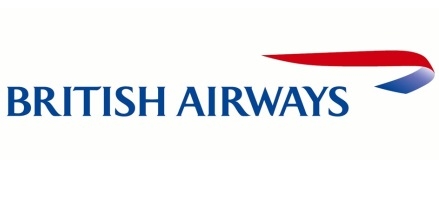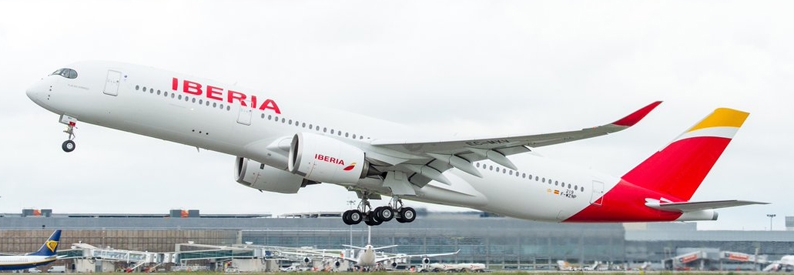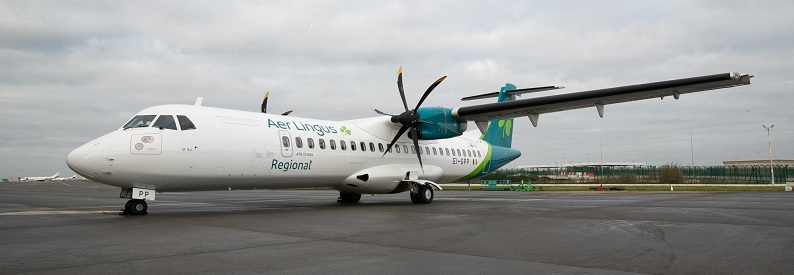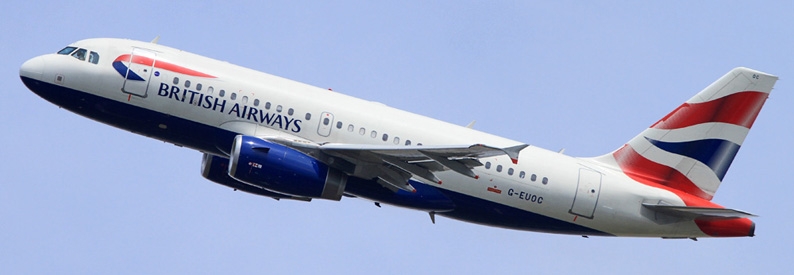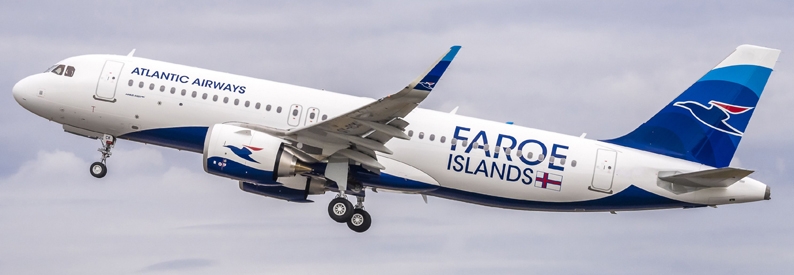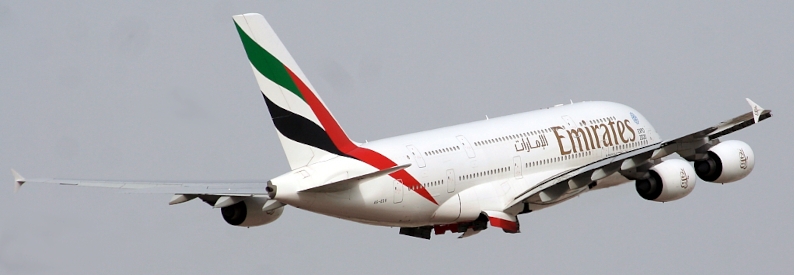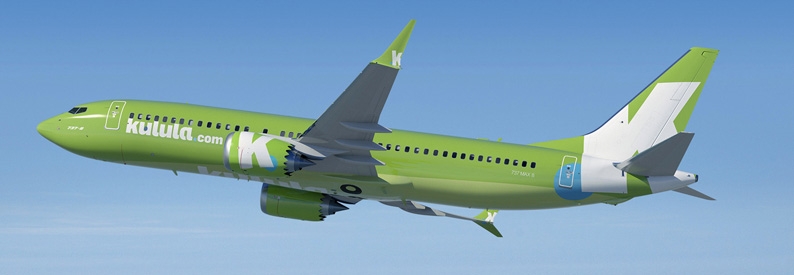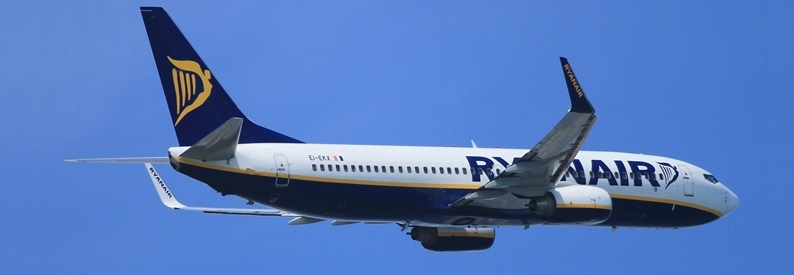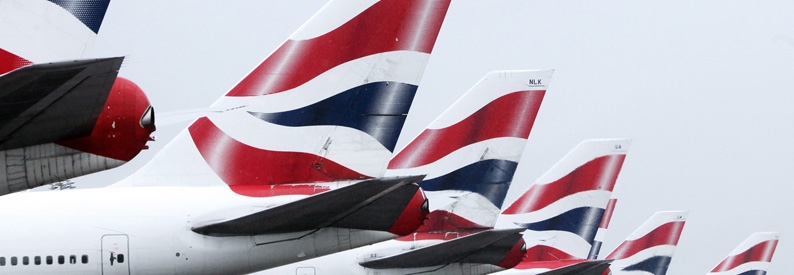IAG International Airlines Group is considering raising more capital from its shareholders in the coming weeks to ease the group’s EUR12.1 billion euro (USD14.25 billion) debt pile, unnamed sources in London’s financial sector told the Financial Mail on Sunday.
A fundraising from investors would bolster finances at IAG following a frustrating summer of changing travel restrictions and the ongoing closure of lucrative long-haul routes between Europe and the United States.
IAG, which owns British Airways, Iberia, Aer Lingus, Vueling Airlines, and LEVEL, declined to comment to ch-aviation on the rumours, which emerged less than a week after easyJet (London Luton) revealed it was planning to raise around GBP1.49 billion (USD2.06 billion) in fresh capital after rebuffing a takeover bid from Wizz Air (W6, Budapest).
easyJet CEO Johan Lundgren has commented that other major airlines may do the same, telling the Mail on Sunday: “It is no secret that, if you are looking at the enormous debt that has been taken on by some of these legacy carriers, it is not clear to me that they would be able to pay that down. So I think in many cases something would need to happen on that.”
IAG has so far vowed to avoid seeking state aid, and in July 2020 it said it would raise EUR2.75 billion (USD3.2 billion) through a rights issue, a measure it later confirmed in September. The group said said at the time that possible further financing had “not been included” in its planning forecasts.
IAG posted a EUR7.4 billion (USD8.75 billion) loss in 2020 and a EUR2 billion (USD2.4 billion) loss in the first half of 2021. In the second quarter of 2021, passenger revenue was down 88.6% compared to 2019. However, it has managed to raise more than EUR7 billion (USD8.3 billion) since the pandemic began.
In a conference call on July 30, IAG CFO Steve Gunning said that the group was burning through EUR270 million a week, more than earlier this year, which is eating through its liquidity, reported as EUR10.8 billion (USD9.25 billion) at the end of July. The EUR12.1 billion net debt is up from EUR9.8 billion (USD8.4 billion) in 2020.
“The second quarter was much better than previous quarter, with operating cash flow significantly less negative due to strong forward bookings. Liquidity is also strong after better operating cash flow and several debt-raising initiatives this year. As a management team, we have devoted significant resources to ensuring that when demand returns, we are ready and able to capitalise,” Gunning said.
- Type
- Base
- Aircraft
- Destinations
- Routes
- Daily Flights
